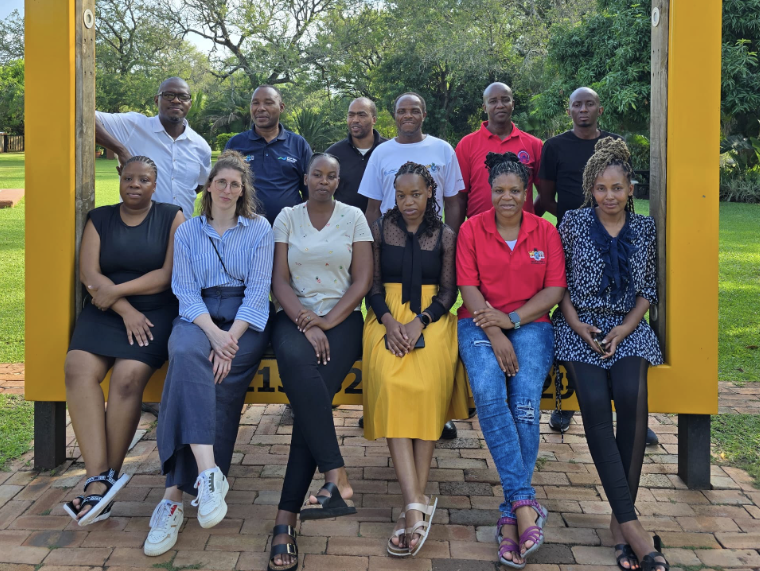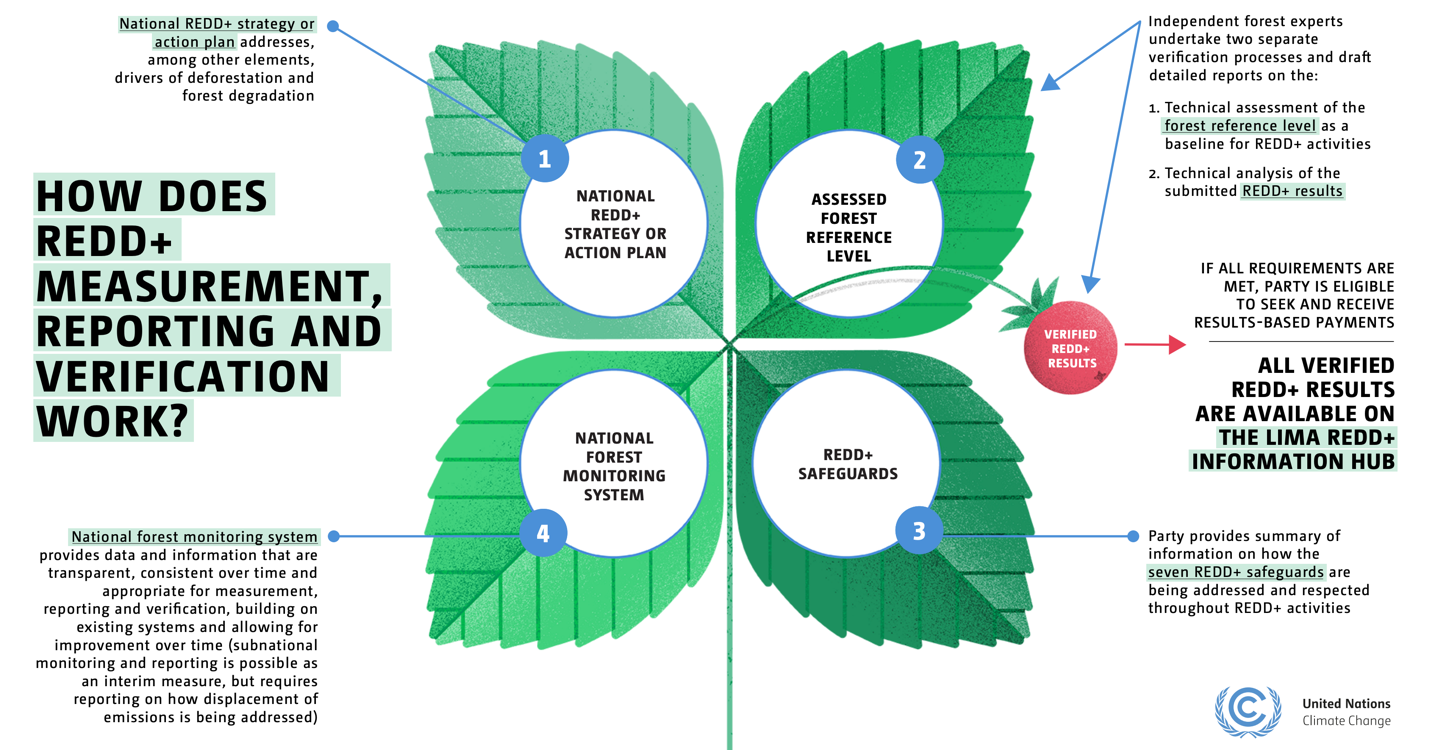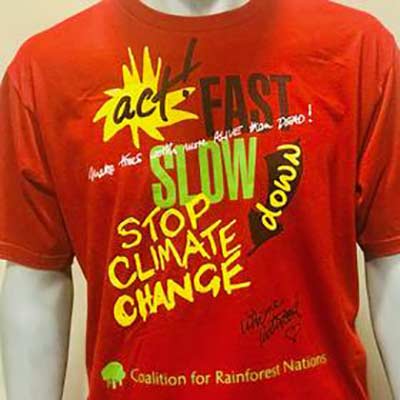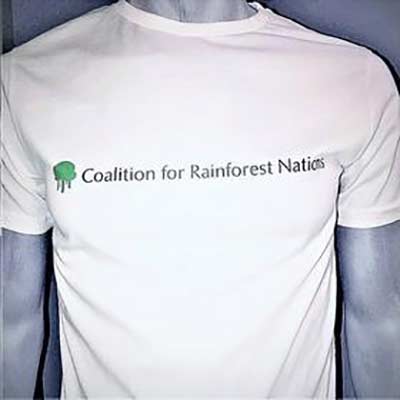
Eswatini’s First Results for Slowing Deforestation Due from UN
February 8th, 2025, Lobamba, Eswatini; The government of Eswatini moved one step closer to proving success in slowing deforestation for the period 2021 -2025 with the preparation of three new UN submissions. To support the country with this, CfRN was invited to conduct a technical workshop in the capital city, Lobamba from 4th to 7th February.
Eswatini’s latest UN submissions include: its REDD+ Technical Annex which outlines the results of their REDD+ activities (reducing emissions from deforestation and forest degradation), a national forest conservation strategy, called a REDD+ strategy, and the Agriculture, Forests and Other Land Use (AFLOU ) greenhouse gas inventory (GHGi) for its first Biennial Transparency Report. All three reports are expected to be ready later this year.

The overall goal of CfRN is to contribute to the assessment of progress towards the goal of the UNFCCC and the Paris Agreement by improving greenhouse gas reporting in rainforest countries. The CfRN’s technical team is helping develop and institutionalize the capacities of Eswatini and other tropical forest countries to prepare for and report on the UNFCCC and the Paris Agreement on greenhouse gas (GHG) emissions and removals from the agriculture, forestry and other land use (AFOLU) sector without need for external consultants.
“Robust greenhouse gas inventories, in line with the Intergovernmental Panel on Climate Change (IPCC) guidelines, as well as the ability of countries to submit these national emissions and removals reports to the UNFCCC and the Paris Agreement, is a crucial first step in proving government efforts to slow deforestation at national level,” said Eloise Guidi, CfRN Greenhouse Gas Inventory Expert.
Since 2023, the forestry department of Eswatini has been working under the guidance of CfRN to build in-house capacity to collect data and prepare estimations for reporting under the United Nations Framework Convention on Climate Change (UNFCCC) and the Paris Agreement. This work resulted in the submission of Eswatini’s first forest baselines, called a Forest Reference level (FRL) to the UNFCCC in January 2024, using the period 2000-2020. This national FRL submission included all the forests of the country. It serves as the benchmark for all five REDD+ activities that are allowed under the UNFCCC:
- Reducing emissions from deforestation
- Reducing emissions from forest degradation
- Conservation of forest carbon stocks
- Sustainable management of forest
- Enhancement of forest carbon stocks
The three-day in-person workshop comprised a series of discussions to finalize and validate the different reports. The event was led by CfRN’s Eloise Guidi and attended by participants from the Ministry of Tourism and Environmental Affairs.


